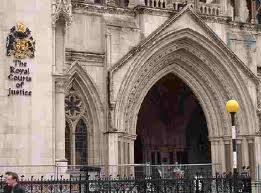The owner of a property was liable for rates from the date the lease was disclaimed by the Liquidator of the former tenant, despite the existence of a guarantor for the lease, the High Court has decided.
The decision in the case of Schroder Exempt Property Unit Trust and British Overseas Bank Nominees Limited v Birmingham City Council (2014) EWHC 2207, whilst it will not be welcome to landlords whose tenants have become insolvent, does at least clarify an area of law relating to empty rate liability.
The case concerned a warehouse property in the Witton area of Birmingham. The tenant company went into liquidation and was wound up but a parent company of the tenant, which had been a guarantor of the tenant’s obligations under the lease, remained in existence. The owner of the property argued that the existence of the guarantor meant that the owner was not “entitled to occupation” of the property and was, therefore, not liable for empty rates.
In a comprehensive judgment the High Court confirmed that the owner was the person entitled to occupation of the property from the date the lease was disclaimed by the Liquidator of the former tenant, and was therefore liable for empty rates.
There is no great surprise in this finding, which confirms the what most practitioners had understood to be the position. Owners of properties where leases are disclaimed will need to start planning to deal with empty rate liabilities from the date of disclaimer.

